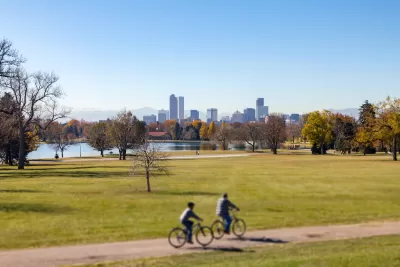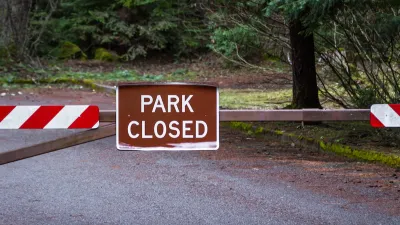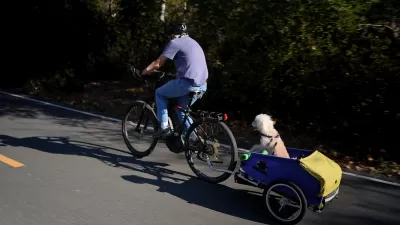The state says starting in 2025, they will be able to reimburse businesses on a quarterly rather than annual basis.

Prospective e-bike buyers in Colorado may not be able to take advantage of a state rebate program at many of their local bike shops, reports Sam Brasch for Colorado Public Radio.
Some bike shops are opting out of the program because they don’t get reimbursed for the $450 point-of-sale rebate until they file their taxes. “A list assembled by the Colorado Energy Office shows only 24 bike sellers are guaranteed to honor the rebates. That means residents could struggle to redeem the discount at local bike shops and major online retailers after the program launches next week,” Brasch explains.
A program manager from the Colorado Energy Office, which administers the program, says by next year the state will have mechanisms in place to reimburse shops quarterly rather than annually.
Colorado has largely been a success story for e-bike rebates. In Denver, the city’s e-bike vouchers got snatched up by residents almost as soon as they were released. “The state’s new e-bike tax credit is a long-term bet on the climate strategy. Approved through a law signed by Gov. Jared Polis last year, the program will run from April 2024 through the end of 2032 and cost the state an estimated $120 million.”
FULL STORY: Colorado launches a $450 e-bike rebate for everyone April 1. Here’s why many bike shops aren’t participating

Trump Administration Could Effectively End Housing Voucher Program
Federal officials are eyeing major cuts to the Section 8 program that helps millions of low-income households pay rent.

Planetizen Federal Action Tracker
A weekly monitor of how Trump’s orders and actions are impacting planners and planning in America.

Ken Jennings Launches Transit Web Series
The Jeopardy champ wants you to ride public transit.

California Invests Additional $5M in Electric School Buses
The state wants to electrify all of its school bus fleets by 2035.

Austin Launches $2M Homelessness Prevention Fund
A new grant program from the city’s Homeless Strategy Office will fund rental assistance and supportive services.

Alabama School Forestry Initiative Brings Trees to Schoolyards
Trees can improve physical and mental health for students and commnity members.
Urban Design for Planners 1: Software Tools
This six-course series explores essential urban design concepts using open source software and equips planners with the tools they need to participate fully in the urban design process.
Planning for Universal Design
Learn the tools for implementing Universal Design in planning regulations.
Ada County Highway District
Clanton & Associates, Inc.
Jessamine County Fiscal Court
Institute for Housing and Urban Development Studies (IHS)
City of Grandview
Harvard GSD Executive Education
Toledo-Lucas County Plan Commissions
Salt Lake City
NYU Wagner Graduate School of Public Service





























